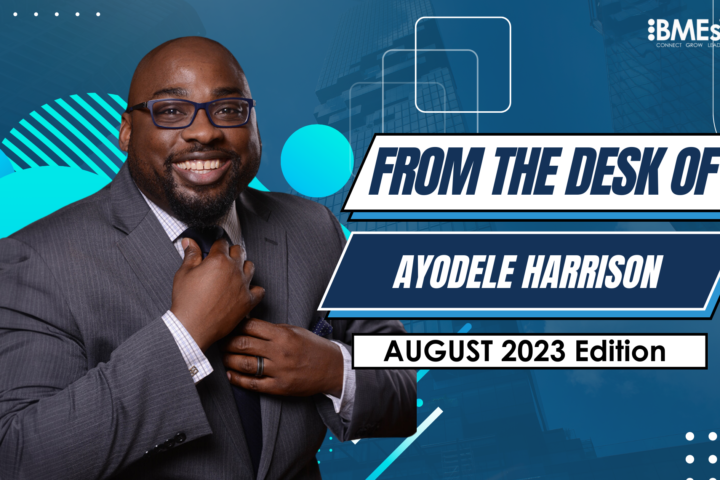The achievement gap between Black and non-Black male students in the United States has not been closed. Racial and cultural backgrounds of public school students in the United States equates to inequality in the classroom and results in poorer performance both academically and in extra-curricular activities.
What has been History doesn’t have to be the Future.
At BMEsTalk, we are committed to changing the narrative of public education for Black male students and educators alike.
Promoting Change and Equality Starts With Attracting and Retaining Black Educators
Black students achieve higher test scores, are more likely to graduate, and are less likely to be suspended or expelled from school when they have at least one Black teacher.
Logically speaking, with more Black teachers in the classroom, we will see more Black students succeed, and when Black students succeed, we see more robust thriving communities. Bringing more Black teachers into the classroom proves an optimistic outlook for Black students now and in the future.
But while optimism is key, it isn’t a strategy.
School Districts Need to Take Responsibility, Accountability, and Action
To enact real change, school districts must take action from an organizational standpoint. This includes implementing real initiatives that provide adequate support channels and create long-term retention strategies for Black educators.
Black Teachers Cannot Be Tasked Disproportionately With Nurturing Black Students in Addition to Educational Responsibilities
Black isn’t achieving more simply because their teachers ‘look like them.’ The correlation is far more complex. Black teachers are a ‘mirror’ in terms of mutual understanding of cultural backgrounds and identities and are better able to “see” Black students. As a result, school systems place the responsibilities of not only teaching, but nurturing the psychological needs, disciplinary needs, emotional needs, and sometimes physical needs of Black students.
With the pressure of multitudinous responsibilities, Black educators are far more likely to burn out and leave the teaching profession than their non-Black colleagues. In fact, annually, 19% of Black teachers either change school districts[1] due to career stress or exit the field entirely.
With Black teachers only accounting for 7% of teachers, our communities cannot afford to lose any more Black educators.
Black Teachers Need to be Compensated Appropriately
Although most educators choose their careers based on passion rather than compensation, with the additional responsibilities afforded to Black teachers, they must be proportionately compensated.
While more pay isn’t the ‘answer’ to the fuller workload of Black teachers; more support systems for Black students must be in place. However, Black teachers should not be expected to take on the burden of several different occupations without being appropriately paid for their labor.
Black Teachers Need Community Support
While it is up to school districts to create an organizational framework, Black educators — especially Black male educators — need the help of a community. A supportive, safe environment with fellow educators allows Black male educators to reach their full potential.
BMEsTalk: Join. Support. Grow.
At BMEsTalk, we offer support, resources, and programs for school districts and Black male educators to further our communities, beginning with our schools. To learn more about how you can get involved with BMEsTalk or information about our resources and events, contact a member of our team.
Sources:
[1]: [2] https://www.nber.org/papers/w25254


